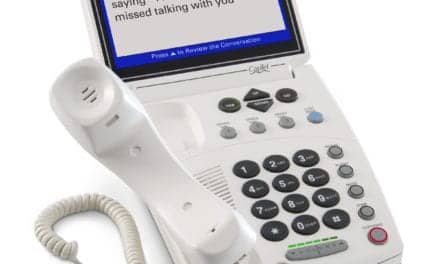West Palm Beach, Fla — HearUSA Inc announced that, on March 29, the Appellate Division of the New York State Supreme Court granted a motion by HearUSA for a temporary restraining order against Siemens Hearing Instruments Inc, Piscataway, NJ.
According to a press release from HearUSA, Siemens is now enjoined from declaring HearUSA to be in default under the credit agreement, from engaging in self-help to collect under the credit agreement, and from making any efforts to seize assets or take control of HearUSA’s business pending the May 2, 2011, hearing on HearUSA’s motion for a preliminary injunction. The court ordered the temporary restraining order contingent upon HearUSA continuing to make all payments currently due under the credit agreement, except the disputed amount relating to the Canadian asset sale.
“The court’s decision is a positive step toward resolution of our legal dispute with Siemens regarding an alleged prepayment obligation that we believe has already been satisfied,” said HearUSA Chairman and CEO Stephen J. Hansbrough in the company statement. “We continue to be current in all payments due to Siemens and will continue to vigorously defend our rights to ensure that Siemens does not improperly foreclose on company assets.”
The restraining order comes after a heated battle between the two companies that started with an SEC filing by Siemens over a dispute in payments owed to Siemens (see “Siemens and HearUSA Lock Horns”). In the SEC filing, Siemens stated that it might acquire some or all of HearingUSA, which could cause the stock to be delisted. Among several subsequent developments, Arcadia Capital Advisors, one of HearUSA’s major shareholders, issued an open letter to shareholders on March 16 that noted the departure of Brian Kinnerk as CEO of Siemens Hearing Instruments and urged its shareholders to stand against Siemens. The investment group, noting that April 23, 2011 is the 10th anniversary of the two companies’ business partnership, also said it hoped that the fissure between the two companies could be repaired.
SOURCE: HearUSA and Hearing Review


